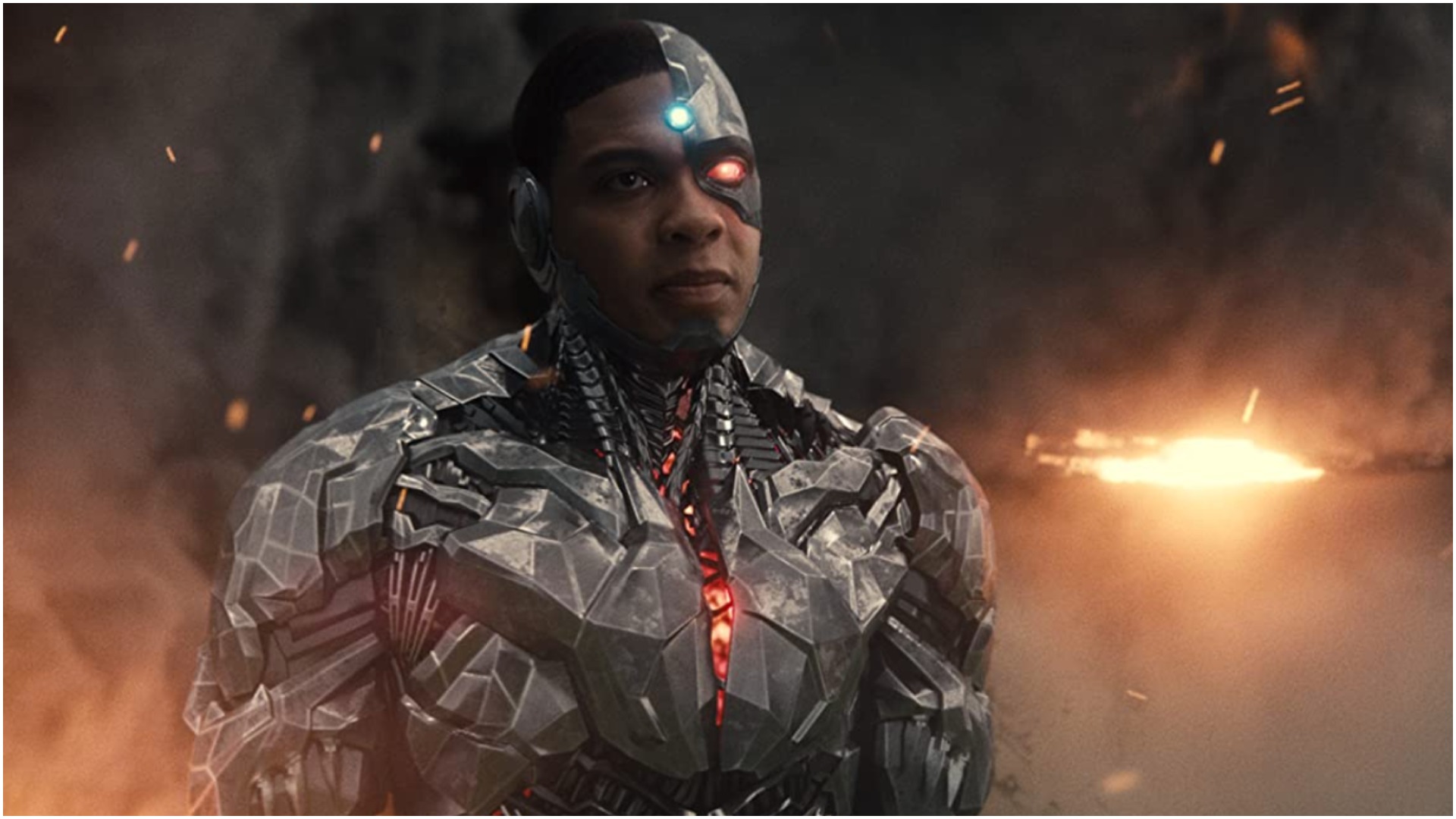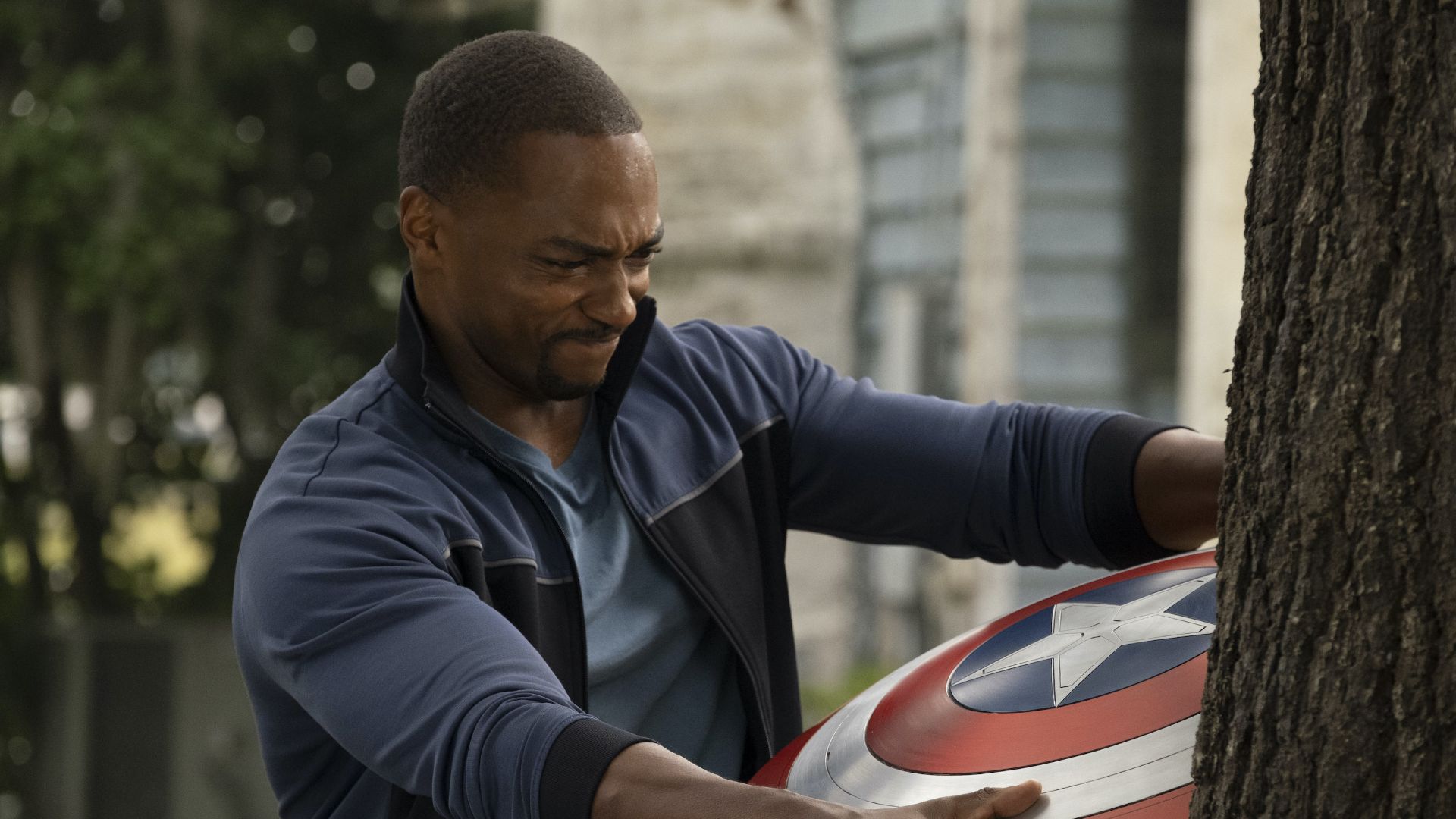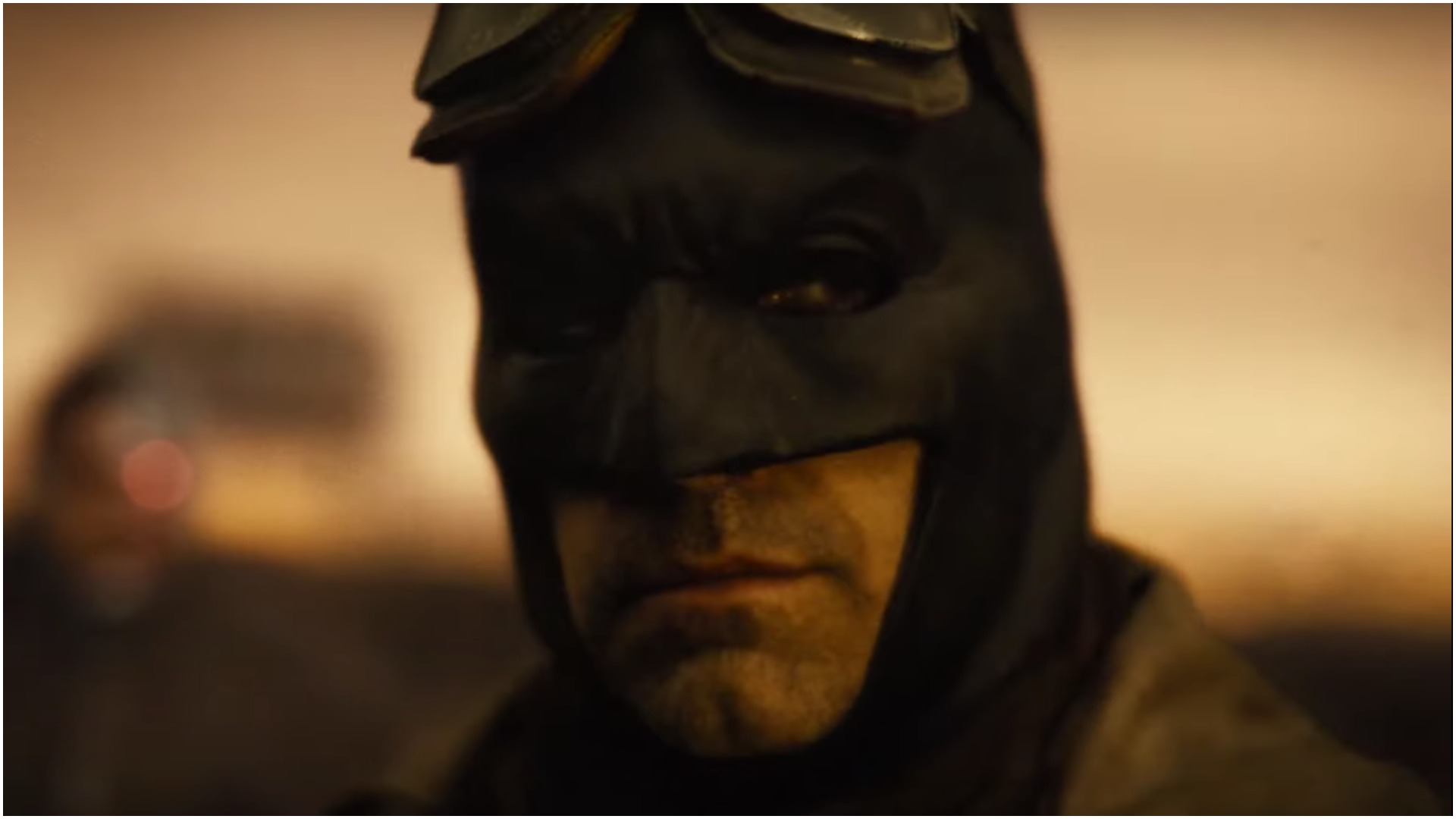Zack Snyder’s Justice League and Marvel’s shows prove superhero stories need to embrace their length
Extended runtimes are changing the way comic book stories are told

Remember the summer of 2019? All anyone could talk about was Avengers: Endgame, the box-office breaking superhero flick that brought Marvel’s Phase 3 to a climactic close. What was remarkable then, and continues to be now, is the three hour runtime: a necessary evil designed to give Marvel Studios the time and space to tie up much of the MCU’s loose threads. Before Endgame, anything north of two-and-a-half hours was seen a curio for hardcore fans at best (the Watchmen Ultimate Cut, for example, runs for 215 minutes) and unworkable and unwatchable for mainstream audiences at worst.
However, Zack Snyder’s Justice League breaches the four-hour barrier, while, on the Marvel side of things, we have seen WandaVision and Falcon and The Winter Soldier tell stories over several hours. Whatever your opinion on each project, none of them can be accused of being formulaic, and much of their success is undoubtedly owed to having that extra screen time to dig deeper into characters and subplots.
Time and time again

“I would maybe have one or two nuggets per movie, but the movie was focused on the heavy hitters,” Falcon actor Anthony Mackie admitted during an appearance on Hot Ones. “So now I get more play time so you get to learn more about [Falcon].”
Mackie’s words are simple, yet enlightening. We’ve all spent ample time with Superman, Batman, Captain America, and Iron Man. But the likes of Falcon, Wanda, Vision, Cyborg, and Flash have had their appearances limited on the big-screen. Now, we have a deeper connection to these former side characters, solely because their stories are finally being told.
This extra legroom isn’t just for the actors to strut their stuff; it has emboldened the writers, allowing them to touch on tough topics and start even tougher conversations without fear of cuts. In the Marvel universe, the topic of grief has barely been explored beyond a few bowed heads and tearful words. Worse still, genuine trauma – such as Black Widow’s sterilization, which has so far only been mentioned in a three-minute scene – is rarely given the treatment it deserved.
That changed with WandaVision. The series offers a compelling, touching, and often complex look at a character grieving over the loss of a loved one. As we now know, grief is love persevering – but also so much more. Wanda and Vision were once footnotes in their own romance; now, they are as important, if not more so, than the major characters who once overshadowed them across several Phases.
Then there’s the topic of race. Falcon and The Winter Soldier has already dealt with what it means to be a Black man living in America, delivering a scene that sees Mackie’s Sam Wilson involved in an escalation with a pair of police officers. Sam’s abhorrent treatment is intensified by Isaiah Bradley’s decades-long incarceration. Meanwhile Bucky, a former Hydra agent, is able to walk free. As a viewer, it’s shocking to see. It shouldn’t be – but the uncomfortable jolt is an important first step.
Sign up for the Total Film Newsletter
Bringing all the latest movie news, features, and reviews to your inbox
That persecution also extends to Ray Fisher’s Cyborg in Zack Snyder’s Justice League. The parallels between him feeling like an outcast to society as a cybernetic human are heavy-handed, sure, but the important thing is that, unlike in the theatrical cut, Fisher is finally at the heart of this four-hour epic.
There’s one newly included scene in particular that stands out: Victor Stone opens himself up to his powers, accessing the internet, and sees the world for what it really is. He has the power to launch nuclear warheads on a whim. Yet, his focus is on injustice and a woman working a tireless job who has no money. He gifts her millions of dollars.
That simple act of kindness makes him more fully formed and courageous than he appeared in the entirety of the two-hour 2017 theatrical cut. Alongside Mackie’s Falcon, Cyborg now marks another significant step towards Black heroes becoming leads on a more regular basis after 2018’s Black Panther helped lead the way.

The fleshing out of characters is something that The Falcon and The Winter Soldier will seemingly continue, too. Erin Kellyman, who plays Flag Smasher Karli Morgenthau on the Disney Plus series, unconsciously echoed Mackie’s words in a roundtable attended by GamesRadar+ saying: “There is more time to dig a bit deeper and address issues that are going on in the world that people hopefully will be able to relate to.” She added, “I'm sure there's been lots of people [who have] experienced a lot of the issues addressed in the Falcon and The Winter Soldier in real life.”
For these extended shows and movies, there’s no longer any excuse for shying away from sensitive subjects. On this evidence, Zack Snyder and Marvel are grabbing these opportunities with both hands. So much so that, in the last two years, longer stories have moved from being unlikely to essential parts of how comic book adaptations are presented. Side characters have become something more and big talking points can actually be – shock, horror – talked about, rather than the story rushing to the next CGI-heavy set piece.
This should only be the beginning and hopefully only the first phase in superhero stories being comfortable giving these important subjects and characters the spotlight, no matter the runtime. Endgame was the original three-hour outlier; Justice League, WandaVision and Falcon and The Winter Soldier have each proven things can go further. The next step is, hopefully, right around the corner.
I'm the Senior Entertainment Writer here at GamesRadar+, focusing on news, features, and interviews with some of the biggest names in film and TV. On-site, you'll find me marveling at Marvel and providing analysis and room temperature takes on the newest films, Star Wars and, of course, anime. Outside of GR, I love getting lost in a good 100-hour JRPG, Warzone, and kicking back on the (virtual) field with Football Manager. My work has also been featured in OPM, FourFourTwo, and Game Revolution.



